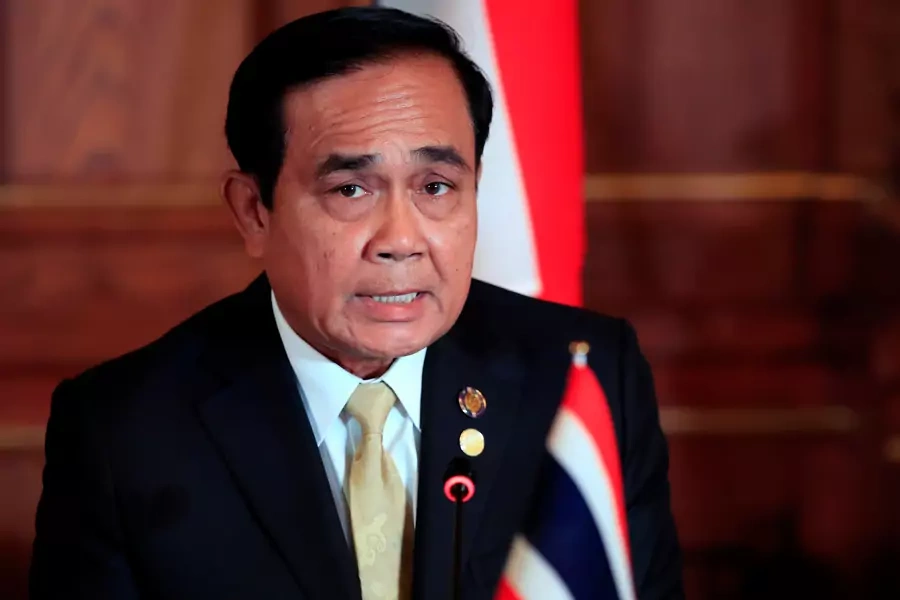Thailand’s Elections: Will the Military Stay in Charge?

More on:
On a visit to Japan earlier in October, Thai Prime Minister and junta leader Prayuth Chan-ocha reportedly confirmed that Thailand would indeed hold elections early next year, between February and May 2019. According to a readout of a meeting between Prayuth and Japanese Prime Minister Shinzo Abe, Prayuth reportedly said that elections could be held as early as February—he had previously vowed to allow elections in February. The junta has now ruled for over four years, since seizing power in a coup in May 2014.
But now, having laid the groundwork to diminish the power of elected politicians even after the vote, the military has stepped up plans to further dominate the kingdom even after the election, by running a pro-military party in the election, wooing other political parties in the race for the lower house of parliament, and even possibly by having former junta members run for top jobs. For more on how the election might play out, see my new World Politics Review article, from which this snippet is drawn.
More on:
 Online Store
Online Store